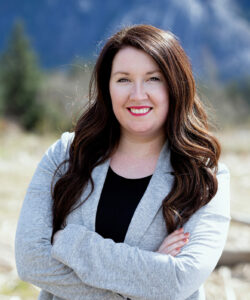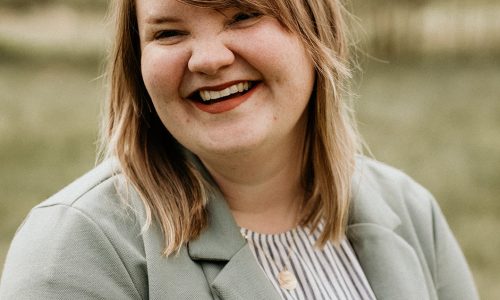Are we getting enough sleep to be high performing leaders? Provocative question, I know.
Many C-suite leaders I have close relationships or coach in leadership with share they have frequent sleep difficulties. It might be that they get poor quality sleep, are wired and can’t fall asleep, the thoughts won’t stop, they are exhausted even after sleeping, they wake up throughout the night, the anxiety they push away in the day creeps in and overwhelms, or they have internalized something and the subconscious is flaring up in odd ways, including bonkers dreams and nightmares.
Some of us are experiencing sleep disturbance due to life changes- grieving a loss, new parents, post traumatic stress responses, new neighbours, a recent divorce.
Most of us get used to it, we brush it off- “I only need 4 hours of sleep, I’ll be fine.” We justify it- “it’s been like this for years, and I’m still here.” It’s as if acknowledging we don’t get enough sleep is a weakness, and functioning on less than we need is a strength. Yet we know consistent lack of sleep can lead to some serious consequences, including obesity, type 2 diabetes, cardiovascular disease, injuries, all-cause mortality, depression, irritability. Lack of sleep can cause you to lose up to 10 years of your life (see video below). Many of us are tired, weary, overdrawn, mentally foggy, internalizing and personalizing that which we shouldn’t. But we try to hide it.
Whatever the explanation for our sleep relationship is, consistent difficulties sleeping resulting in reduced functioning is the definition of insomnia. I would argue many of us leaders are under slept, and therefore performing less than we could, and losing future leadership trajectory. A qualified healthcare provider is needed to diagnose insomnia, but I wanted to share some of what I have learned over the years, most gleaned through a CBT (Cognitive Behavioural Therapy) for Insomnia course.
- Collect Your Evidence: If you fall in the category noted above, it’s helpful to create a sleep diary. It’s especially helpful if you are in denial and need some proof. Here’s a resource to get you started, but essentially you track what time you go to sleep, how long did it take to fall asleep, how often did you wake up, etc. You might be shocked what you find. Let’s start by getting honest.
- Get Sleep Educated: Did you know that as adults, we need to sleep train, just as children do? As adults, we all need different amount of sleep, ranging from 5-10 hours depending on the person? Sleep is actually required to solidify learning, such as executive education and training. CBT for Insomnia speaks to creating a sleep training schedule, including a set bed time and wake time that you don’t deviate from, avoid napping, use an alarm clock not a phone, get out of bed if you can’t sleep, and don’t use bed time for anything else (such as reading, tv, etc). All designed to help you figure out and establish your optimal sleep time.
- Examine Good Patterns and Get Rid of The Junk: The very things we use to stave off weariness and restlessness are the ones that can kick us into perpetual insomnia. Caffeine stays in your system a lot longer than you think. Six hours after caffeine is consumed, half of it is still in your body. It can take up to 10 hours to completely clear caffeine from your bloodstream. If you had it at 2pm, it’s still there at 11pm. Alcohol is actually a sleep inhibitor- it acts more as a tranquilizer than a sleep aid, and you can wake up more tired. Intense exercise close to bedtime will actually make it harder to sleep. Moderate exercise such as walking or yoga is recommended. Sleeping with another person all night may actually be hindering your wellness, and you may want to consider a sleep divorce. All deeply fascinating contributing factors.
There’s much more to explore and learn, but count this article as your moment in time to pause. No one else is watching. It’s just you. Are you sleeping enough? Are you investing enough in your sleep so that you can last the long haul? Here’s a larger video from Dr. Matthew Walker to help you think about your relationship with sleep.
This series is about reflecting on being a Rested Leader. The one who is equipped to make difficult decisions. The one who has enough brain power and capacity to lead others effectively. The one who can show their true personality, gifts, and abilities in full capacity, versus performing on a quickly draining gas tank. No one else is going to sort our sleep for us. Sleeping pills, NyQuil, alcohol/substances, and many other avenues we may use will only get us so far.
Lean in.

A wise mentor once said- “your pattern of burning the candle at both ends will catch up to you as you mature in age.” Reach out to us to engage some leadership coaching and make a plan to integrate rest. Reach out to a healthcare practitioner. Or order CBT for Insomnia for yourself.
Build your capacity to lead from a rested place.
Larissa Maxwell is the CEO of the Maxwell Consulting Group, and an active learner in rest, sleep, and responsible leadership.





